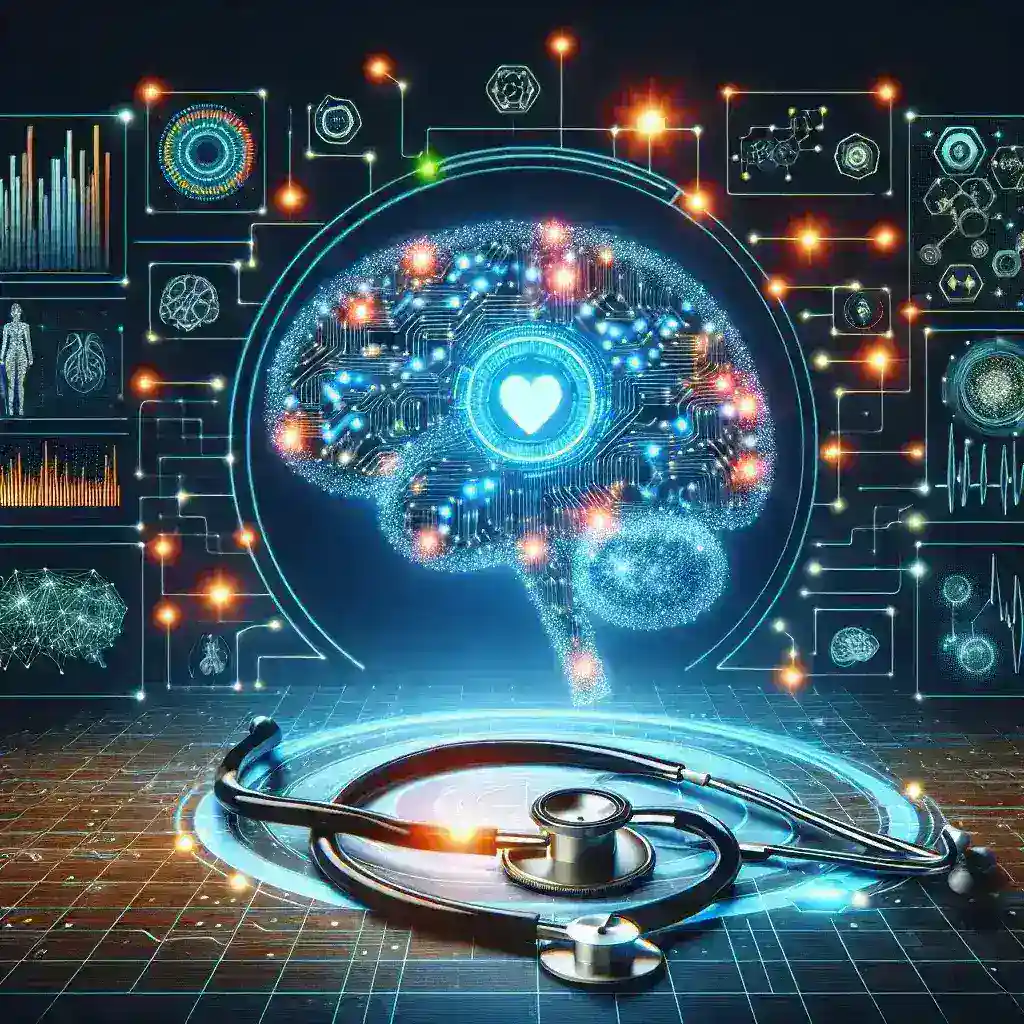Introduction to AI in Predictive Healthcare Forecasting
In recent years, artificial intelligence (AI) has emerged as a transformative force in various industries, and healthcare is no exception. Predictive healthcare forecasting leverages AI technologies to analyze vast amounts of data and identify trends, allowing healthcare providers to make informed decisions that enhance patient outcomes.
The Role of AI in Predictive Analytics
Predictive analytics in healthcare involves using statistical algorithms and machine learning techniques to analyze historical data. AI enhances this process by automating data processing and improving accuracy. Key applications of AI in predictive analytics include:
- Patient Risk Assessment: AI algorithms can analyze patient history and demographic data to predict the risk of diseases and complications, enabling preventive measures.
- Resource Allocation: Healthcare facilities can benefit from AI-driven forecasts about patient admissions, allowing for better resource planning and staffing.
- Treatment Outcomes Prediction: Using past treatment data, AI can help predict the likely success of various treatment options for individual patients.
Benefits of AI in Predictive Healthcare
The integration of AI in predictive healthcare forecasting offers numerous benefits:
- Improved Accuracy: AI systems can analyze complex datasets with higher precision than conventional methods, leading to better predictions.
- Cost-Efficiency: By accurately forecasting patient needs and outcomes, healthcare providers can optimize operations and reduce unnecessary costs.
- Enhanced Decision-Making: AI provides actionable insights that support healthcare professionals in making informed treatment decisions, ultimately improving patient care.
Challenges in Implementing AI
Despite its advantages, the implementation of AI in healthcare forecasting is not without challenges:
- Data Privacy: Protecting patient information is paramount, and AI systems must comply with stringent regulations governing data usage.
- Integration Issues: Many healthcare facilities struggle to integrate AI technologies with existing systems and workflows.
- Skill Gaps: There is a need for skilled professionals who understand both healthcare and AI technologies to drive successful implementation.
Future of AI in Predictive Healthcare
The future of AI in predictive healthcare forecasting looks promising. As technology evolves, AI is expected to become more sophisticated and accessible, paving the way for:
- Real-Time Analytics: Future systems may provide real-time predictions, allowing for immediate interventions.
- Personalized Medicine: AI will enable more tailored treatment plans based on individual patient data and predicted outcomes.
- Increased Collaboration: Enhanced communication between AI systems and healthcare providers will streamline processes and improve care coordination.
Conclusion
AI in predictive healthcare forecasting is revolutionizing the medical landscape. By improving the accuracy of predictions and enabling better decision-making, AI helps healthcare providers deliver more effective and efficient patient care. As the field continues to advance, the potential for AI to enhance healthcare outcomes will only grow, making it an indispensable tool in the medical industry.








Leave a Reply